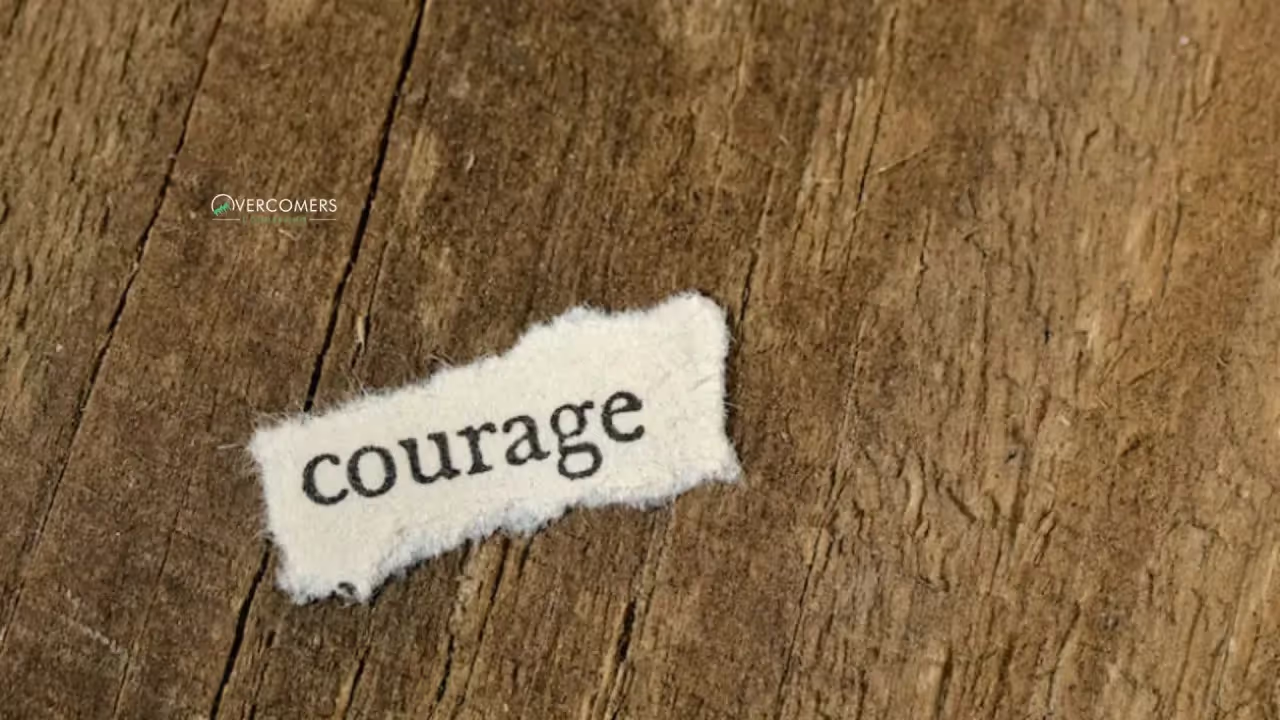Childhood trauma can leave deep, lasting scars that may affect various aspects of life, from physical health to emotional well-being, relationships, and...

Childhood trauma can leave deep, lasting scars that may affect various aspects of life, from physical health to emotional well-being, relationships, and even career success. Yet, it's important to remember that while the impact can be profound, it does not define you or your potential. This post aims to provide practical advice and resources to aid you on your journey towards healing and recovery. We'll delve into the importance of seeking professional help, practicing self-care, building strong support networks, and setting healthy boundaries. We'll explore the empowering concepts of resilience and post-traumatic growth, which can transform adversity into opportunities for personal development and wellness. No matter where you are in your healing journey with childhood trauma, this guide is meant to offer hope, understanding, and a path forward.
Childhood trauma is a deeply distressing or disturbing experience that occurs in a child's early years. It comes in several forms, including physical abuse, emotional abuse, sexual abuse, and neglect. Physical abuse involves intentional acts of violence, while emotional abuse refers to behaviors that harm a child's self-worth or emotional well-being. Sexual abuse includes any sexual activity that a child cannot comprehend or give consent to, and neglect is the failure to meet a child's basic physical and emotional needs. An essential aspect of childhood trauma is the role of toxic stress and adverse childhood experiences (ACEs). Toxic stress is characterized by intense, recurring, or prolonged hardship experienced without sufficient support from an adult. This can disrupt the development of brain architecture and other organ systems, and increase the risk for stress-related disease and cognitive impairment, well into the adult years. Alternatively, Adverse Childhood Experiences (ACEs) refer to potentially traumatic incidents that take place during the formative years of childhood (0-17 years). These can include personal experiences of violence, abuse, or neglect; being a witness to domestic violence; or dealing with a family member who has attempted or died by suicide. ACEs have been associated with hazardous health habits, long-term health issues, limited life opportunities, and premature mortality. Understanding these aspects is crucial in addressing and overcoming childhood trauma.
Physical Health Implications of Childhood Trauma
Childhood trauma can have a significant impact on a person's physical health, both in the short and long term. In the immediate aftermath of traumatic events, children may experience symptoms such as headaches, stomachaches, and sleep disturbances. Over time, these can evolve into chronic health conditions. Research indicates that adults who experienced trauma during childhood are at a higher risk of developing heart disease, lung disease, diabetes, and cancer. This is often attributed to the body's prolonged exposure to stress hormones, which can affect the immune system and overall health.
Mental Health Implications and Social/Relational Effects
The mental health implications of childhood trauma are profound and far-reaching. Children who experience trauma are more likely to suffer from anxiety, depression, post-traumatic stress disorder (PTSD), and other mental health disorders well into adulthood. These conditions can lead to difficulties in forming and maintaining healthy relationships, impacting their social and relational well-being. Traumatized children may struggle with trust issues, have difficulty managing emotions, and exhibit behaviors that can isolate them from their peers. These challenges can extend into adulthood, affecting their capacity to form intimate relationships and potentially leading to a cycle of trauma and dysfunction. It's important to note that early intervention and support can help mitigate these effects and promote resilience.

Steps to Overcoming Childhood Trauma
Acknowledge the Trauma
Recognize and admit that you experienced trauma in your childhood. Understand the impact it has had on your life.
Seek Professional Help
Find a therapist or counselor who specializes in trauma. Consider different types of therapy, such as Cognitive Behavioral Therapy (CBT), Eye Movement Desensitization and Reprocessing (EMDR), or psychotherapy.
Engage in Self-Care Practices
Prioritize physical wellness through balanced nutrition and regular exercise. Incorporate mindfulness practices, such as meditation or yoga, into your routine. Establish healthy sleep habits.
Build a Support Network
Reach out to trusted friends and family members for support. Join support groups or communities for individuals who have experienced similar traumas.
Set Boundaries
Identify what you are comfortable with in your relationships and what you are not. Clearly communicate these boundaries to others. Understand that it's okay to distance yourself from people or situations that trigger your trauma.
Practice Self-Compassion and Patience
Remember it takes time to heal and the journey people take is unique to them. Be gentle with yourself during this process and celebrate small victories along the way.
Educate Yourself
Learn more about trauma and its effects to better understand your experiences. Read books, articles, or listen to podcasts about overcoming trauma.
Develop Coping Strategies
Work with your therapist to develop strategies for managing symptoms of anxiety or PTSD. These could include breathing exercises, grounding techniques, or other coping mechanisms.
Promote Resilience and Post-Traumatic Growth
Focus on building resilience, the ability to bounce back from adversity. Explore the concept of post-traumatic growth, which involves finding personal growth and positive change following traumatic events.
Seek Ongoing Support
Understand that healing from trauma is a journey that may require ongoing support. Regularly check in with your therapist or counselor and reach out when you're struggling.
Resilience and post-traumatic growth are two powerful concepts in the field of trauma recovery. Resilience refers to the ability of an individual to adapt, recover and grow stronger in the face of adversity or trauma. It's a dynamic process that involves bouncing back from difficult experiences and adaptively managing stressors. On the other hand, post-traumatic growth goes a step further. It is the experience of positive change and personal development that can occur as a result of struggling with highly challenging life crises. This concept suggests that trauma can catalyze profound personal growth and increased psychological well-being. It encompasses changes in self-perception, changes in interpersonal relationships, and a changed philosophy of life. Both resilience and post-traumatic growth emphasize the potential for healing and transformation following traumatic events, offering hope and a pathway forward for individuals impacted by childhood trauma.

Childhood trauma can have serious implications on an individual's physical and mental health, as well as their social and relational capabilities. However, with the right steps and support, overcoming these adversities is possible. Acknowledging the trauma, seeking professional help, practicing self-care, building a supportive network, setting boundaries, being patient with oneself, educating oneself about trauma, developing coping strategies, and focusing on resilience and post-traumatic growth can all contribute to the healing journey. The journey may be long and challenging, but with resilience and the potential for post-traumatic growth, individuals can transform their traumatic experiences.
A trauma-informed therapist will typically have specialized training or experience in working with individuals who have experienced trauma. Their approach should prioritize safety, trust, and empowerment. You can inquire about their background and approach during an initial consultation.
Yes, trauma-informed care can be integrated with various evidence-based addiction treatment approaches, such as cognitive-behavioral therapy, motivational interviewing, and 12-step programs, to provide comprehensive support for individuals in recovery.
Absolutely. It is essential to establish boundaries around the topics discussed and the pace of therapy to ensure that you feel comfortable and safe during sessions.
Communicate these boundaries with your therapist, who can help tailor the therapeutic process to align with your needs.
Yes, it's normal for boundaries to evolve as your healing journey progresses.
Communicate any changes in your boundaries with your therapist, who can help you navigate these adjustments and ensure that your needs continue to be respected and prioritized.
The timeline for reducing the impact of triggers varies for each individual and depends on factors such as the nature of the trauma and the progress made in therapy.
Be patient with yourself and work closely with your therapist to monitor your progress.
Yes, Medicaid covers trauma-informed therapy services. This approach is designed to acknowledge and understand the pervasive nature of trauma to facilitate healing.